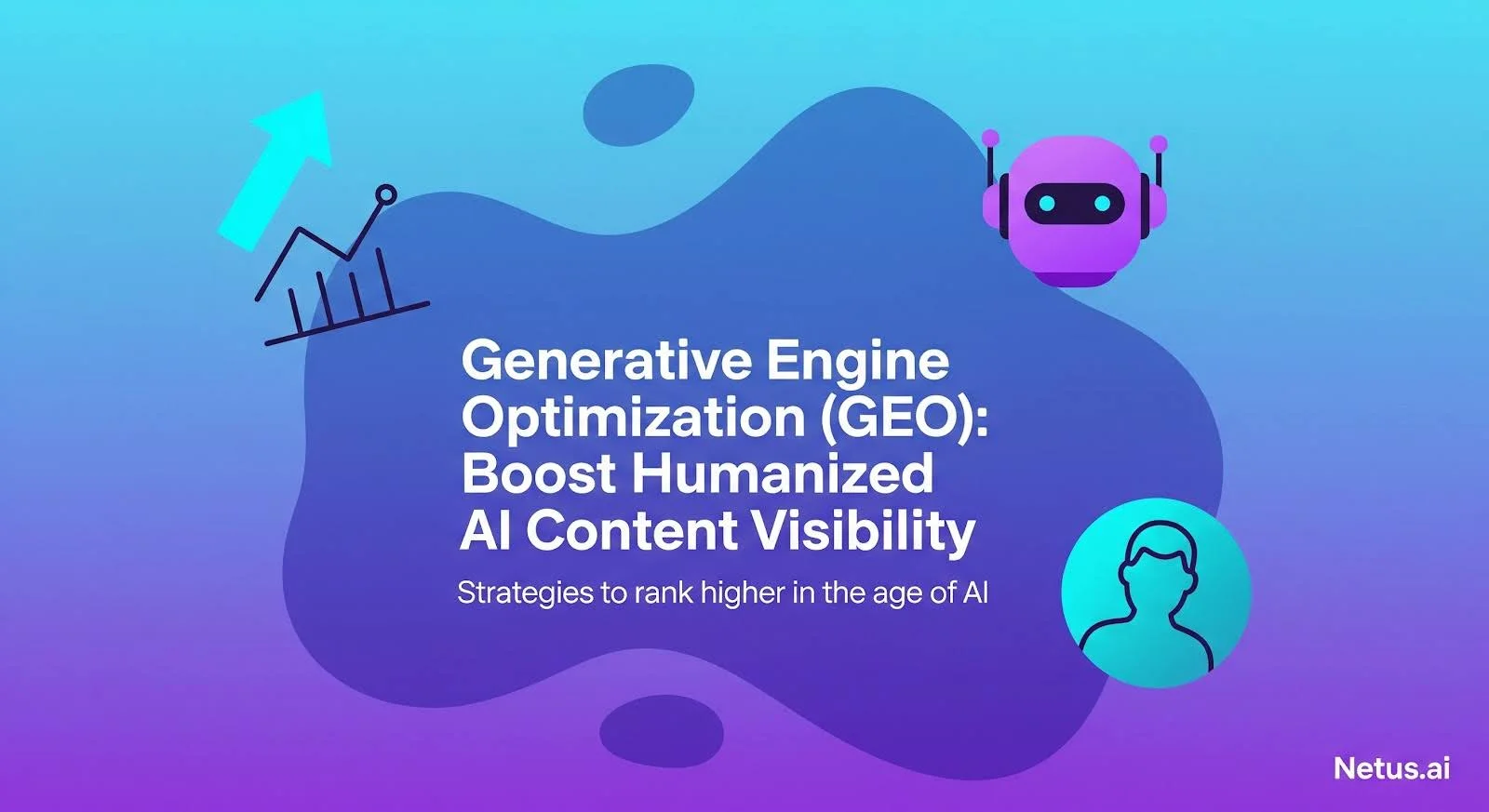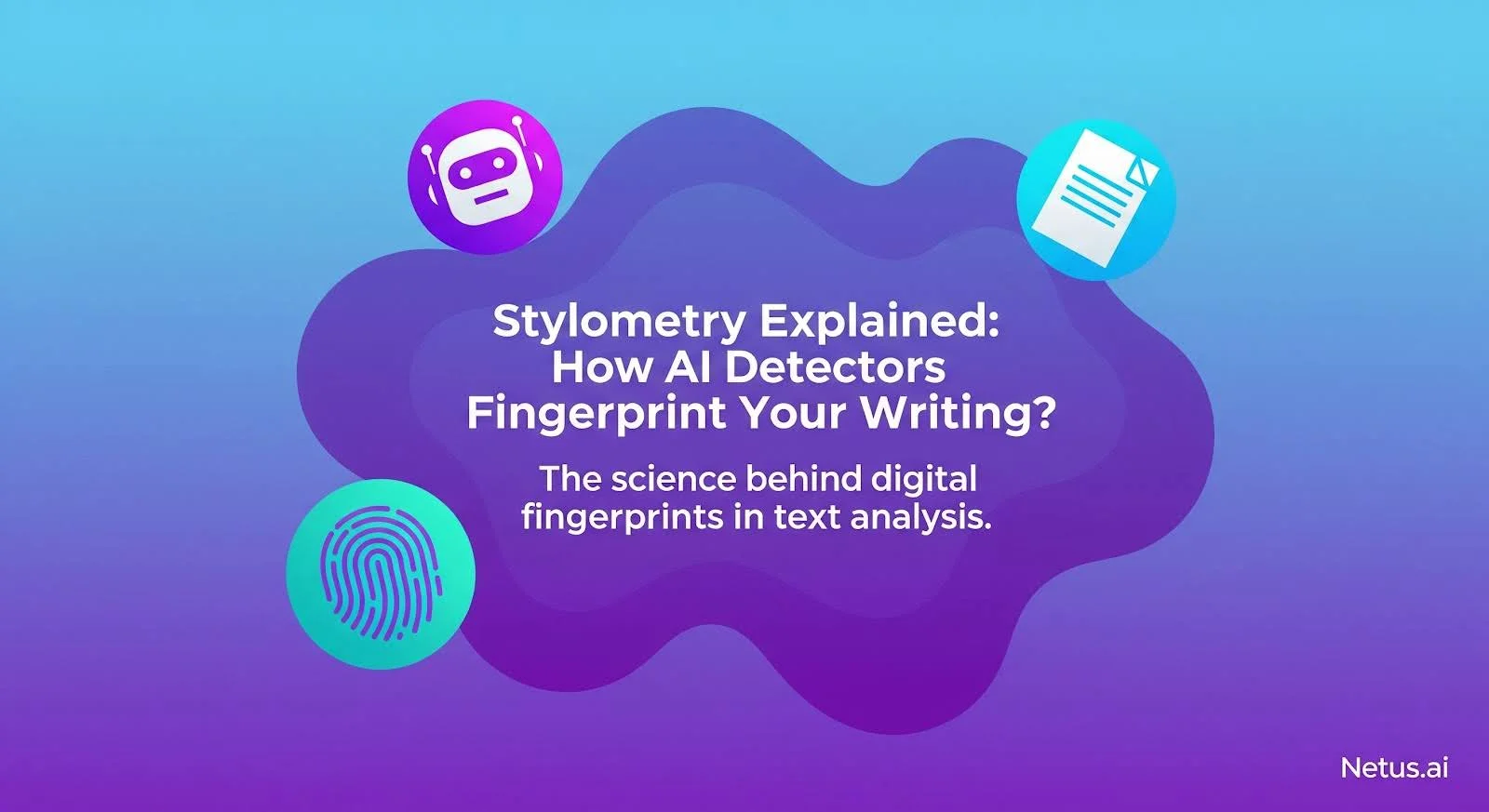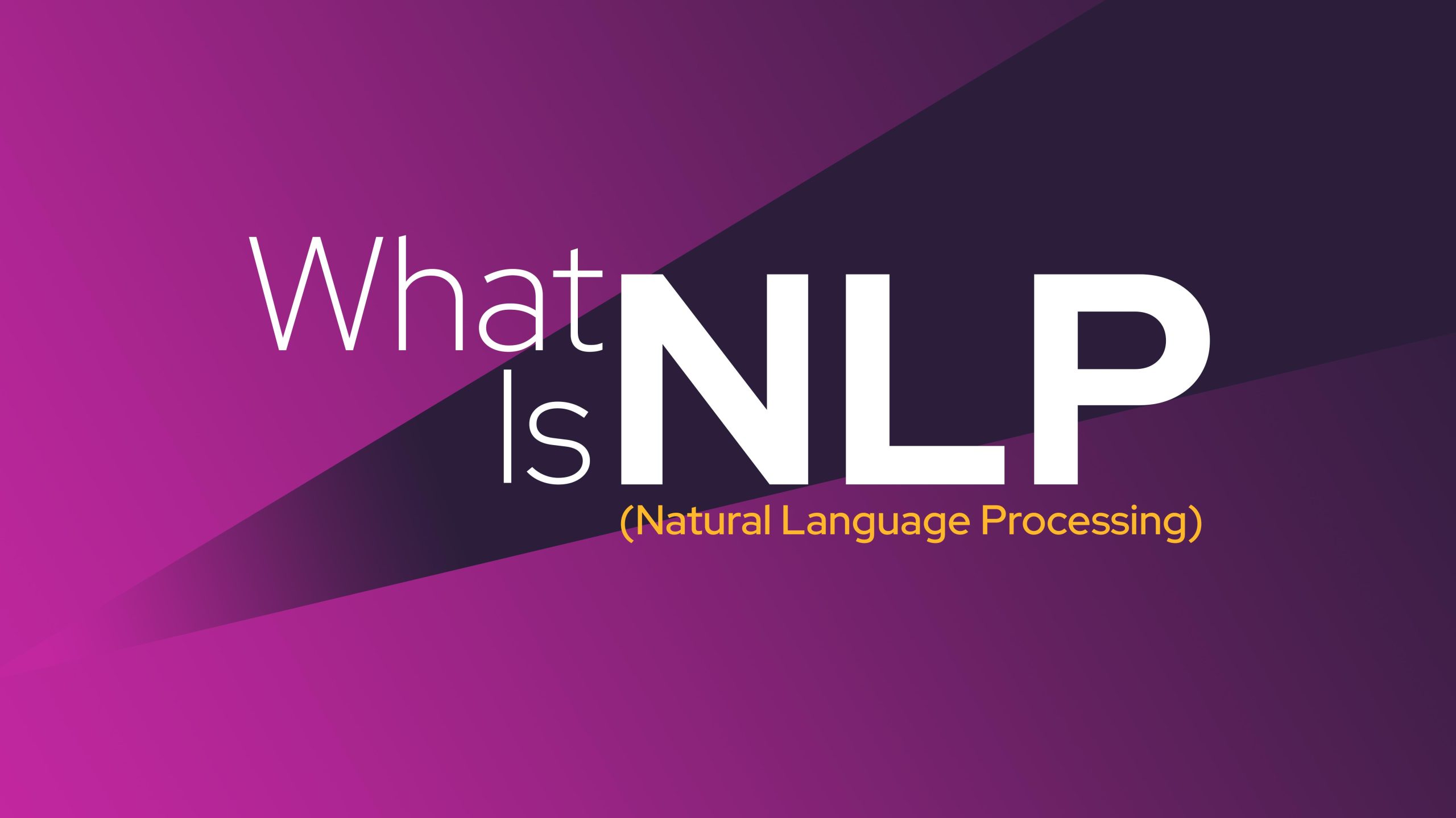Table of Contents
How Valid is This Article on AI, Artificial Intelligence (AI) has become a buzzword in recent years, with many articles and news stories discussing its potential impact on society. However, not all articles on AI are created equal, and it can be difficult to determine the validity of the claims being made. In this article, we will examine the validity of a specific article on AI and what it means for the field as a whole.
The article in question makes bold claims about the capabilities of AI, including its ability to surpass human intelligence and solve complex problems. However, it is important to critically evaluate these claims and consider the evidence presented. By examining the sources cited in the article and comparing them to other research in the field, we can determine the validity of the claims being made.
Overall, understanding the validity of articles on AI is crucial for staying informed about the latest developments in the field. By approaching these articles with a critical eye and a willingness to examine the evidence presented, we can gain a better understanding of the potential of AI and its impact on society.
Understanding AI and Its Fundamentals
Defining Artificial Intelligence
Artificial Intelligence (AI) refers to the development of computer systems that can perform tasks that would normally require human intelligence, such as visual perception, speech recognition, decision-making, and language translation. AI systems are designed to learn from data and improve their performance over time.
Types of AI: From Reactive Machines to AGI
There are different types of AI systems, each with its own level of complexity and capabilities. Reactive machines are the simplest type of AI system, which can only react to specific inputs without any memory or ability to learn from past experiences. Limited memory systems, on the other hand, can learn from past experiences and use that knowledge to make better decisions in the future.
Machine learning is a type of AI that allows systems to learn from data without being explicitly programmed. This is achieved by using algorithms that can identify patterns and relationships in the data and use that knowledge to make predictions or decisions.
Neural networks are a type of machine learning algorithm that is modeled after the structure and function of the human brain. They are capable of learning complex patterns and relationships in the data and can be used for tasks such as image recognition, speech recognition, and natural language processing.
Artificial General Intelligence (AGI) is the ultimate goal of AI research, which aims to create systems that can perform any intellectual task that a human can. AGI systems would be capable of reasoning, problem-solving, and adapting to new situations, and would be self-aware.
In summary, AI systems are designed to replicate the intelligence of humans and animals, and are built using a combination of algorithms, neural networks, and other technologies. While there are different types of AI systems with varying levels of complexity, the ultimate goal of AI research is to create AGI systems that can perform any intellectual task that a human can.
AI Applications in Modern Society
Industries Transformed by AI
Artificial Intelligence has revolutionized the way industries operate, providing solutions to previously complex problems. In the healthcare industry, AI is being used to detect diseases and develop treatments. In the education sector, AI is used to personalize learning, making it more efficient and effective. In the finance industry, AI is used for fraud detection and risk assessment. In transportation, self-driving cars are being developed, which will significantly reduce the number of accidents caused by human error.
Everyday AI: Virtual Assistants and Smart Systems
Virtual assistants like Siri and Alexa have become a part of everyday life, making tasks more manageable and efficient. These smart systems use natural language processing and computer vision to understand and respond to user commands. They can help with scheduling appointments, making calls, and even controlling smart home devices. AI-powered chatbots have also become popular in customer service, providing quick and efficient solutions to queries.
In conclusion, AI has transformed various industries and has become an integral part of modern society. From healthcare to education, finance to transportation, AI has provided solutions to complex problems. With the development of self-driving cars and virtual assistants, AI is set to become an even more significant part of our daily lives.
Evaluating AI: Performance and Ethical Considerations
Bias and Fairness in Machine Learning
One of the most significant concerns with AI is the potential for bias in machine learning algorithms. This can occur when the data used to train the algorithm is biased or when the algorithm itself is designed with certain biases. Bias can lead to unfair outcomes, particularly in areas such as hiring, lending, and criminal justice.
To address this issue, experts suggest using diverse data sets and testing algorithms for fairness. For example, a bank might test its loan approval algorithm to ensure it is not discriminating against certain groups. Additionally, transparency in the decision-making process can help identify and address biases.
AI Ethics and the Artificial Intelligence Act
As AI becomes more prevalent, there is a growing need for ethical considerations in its development and deployment. The European Union’s Artificial Intelligence Act is one example of a regulatory framework aimed at ensuring AI is developed and used in a responsible and ethical manner.
The Act addresses issues such as transparency, accountability, and human oversight in AI decision-making. It also includes provisions for protecting privacy and ensuring the safety of individuals and society as a whole.
In addition to regulatory frameworks, there is also a need for ethical guidelines and codes of conduct for AI developers and users. These should address issues such as trust, transparency, fairness, and the potential consequences of AI.
Overall, evaluating AI requires consideration of both its performance and its ethical implications. By addressing issues such as bias and ethics, we can ensure that AI is developed and used in a responsible and beneficial manner.
Technological Advancements and AI Research
Cutting-Edge Developments in AI Technology
In recent years, AI technology has undergone significant advancements, with researchers and developers working tirelessly to create more sophisticated and intelligent machines. These developments have led to the creation of new machine learning models, including deep learning and generative AI, which have the ability to learn from vast amounts of data and generate new content.
One of the most notable developments in AI technology is GPT-3, a language model developed by OpenAI that has the ability to generate human-like text. Another breakthrough is DALL-E, a generative model developed by OpenAI that can create images from textual descriptions.
The Role of Big Data in AI Evolution
Big data has played a significant role in the evolution of AI technology. With the help of big data, AI models can learn from vast amounts of information and make more accurate predictions. This has led to the development of more sophisticated AI models that can perform complex tasks with greater accuracy.
Companies like Google and IBM have been at the forefront of AI research, using big data to develop new AI models and technologies. Midjourney and Meta are other companies that have made significant contributions to the field of AI research.
In conclusion, technological advancements and big data have played a significant role in the evolution of AI technology. With the development of new machine learning models and the ability to process vast amounts of data, AI is becoming more sophisticated and intelligent. The future of AI is bright, with new breakthroughs and developments on the horizon.
Real-World AI: Challenges and Future Outlook
Navigating the Obstacles of AI Implementation
Implementing AI in the real world presents several challenges that must be addressed to ensure efficiency, safety, and accuracy. One of the main obstacles is scalability, as AI systems must be able to handle large amounts of data and complex tasks. Additionally, ensuring the safety of AI systems is crucial, as they can have significant impacts on society and human lives.
Another challenge is the performance of AI systems, as they must be able to perform complex tasks and make accurate predictions. This requires significant computing power and advanced algorithms. Furthermore, the implementation of AI systems must be cost-effective and sustainable, as they can be expensive to develop and maintain.
To overcome these obstacles, organizations must invest in research and development to improve the performance and scalability of AI systems. They must also prioritize safety and ethical considerations, ensuring that AI systems are transparent, accountable, and secure. Collaboration between different industries and stakeholders can also help to address these challenges, as it allows for the sharing of knowledge and resources.
Prospective Developments and AI in the Next Decade
Looking towards the future, there are several prospective developments in AI that have the potential to transform industries and society as a whole. One of the most promising areas is deep learning, which involves training AI systems on large amounts of data to improve their accuracy and performance. This can be applied to a wide range of fields, from healthcare to finance.
Another area of development is the Internet of Things (IoT), which involves connecting devices and systems to create a network of interconnected objects. This can enable AI systems to collect and analyze data from a wide range of sources, improving their accuracy and efficiency. Additionally, the use of AI in autonomous vehicles and robotics has the potential to revolutionize transportation and manufacturing.
However, these developments also bring new challenges, such as the need for increased cybersecurity and privacy protections. As AI systems become more advanced and ubiquitous, it is crucial to ensure that they are used ethically and responsibly.
Overall, the future of AI looks promising, with the potential to transform industries and improve our daily lives. However, it is important to address the challenges and obstacles of AI implementation to ensure that it is used in a safe, efficient, and responsible manner.



